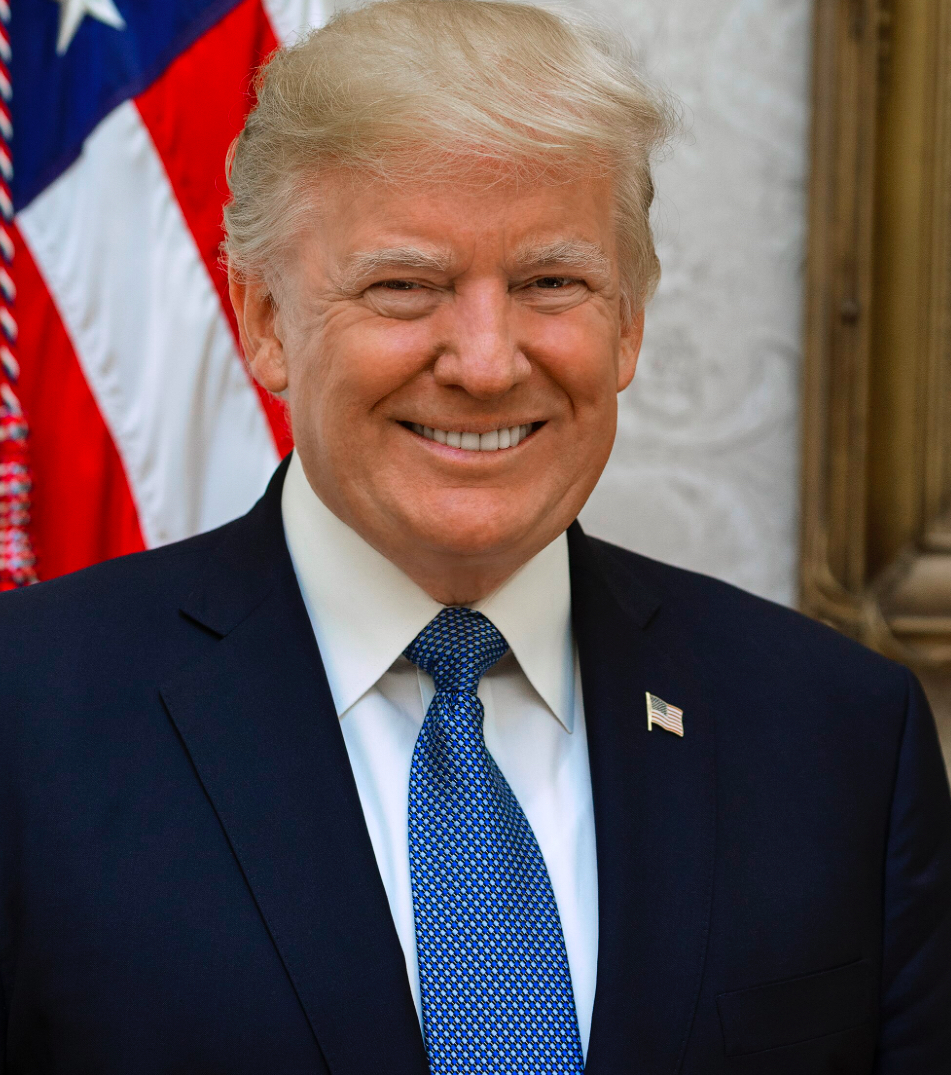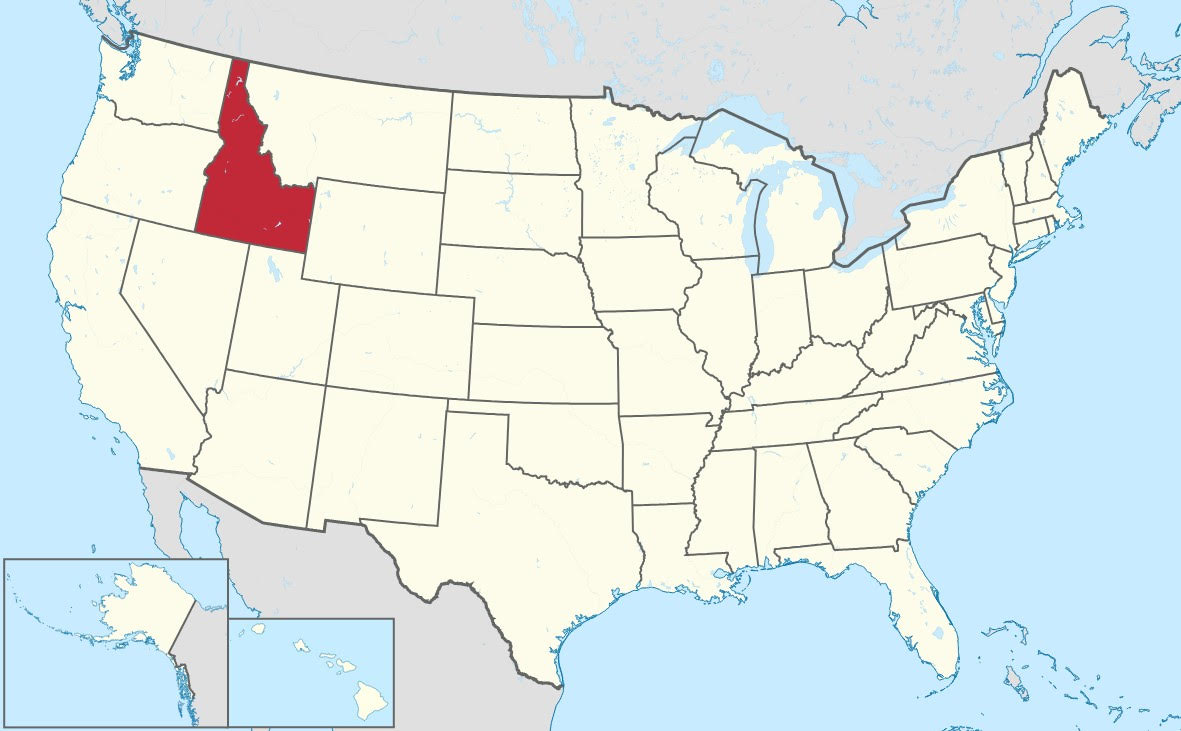President-elect Donald J. Trump has received an unconditional discharge criminal conviction in New York, meaning he will not face fines, prison or any other penalties.
Trump appeared virtually in a Manhattan courtroom on Friday, January 10, 2025 for his sentencing on 34 felony counts of falsifying business records to conceal a payment to an adult film star, Stormy Daniels. The accusation claimed that Trump was a part of an illegal conspiracy to undermine the integrity of the 2016 election.
During the brief hearing, New York state Judge Juan Merchan said the only lawful sentence that does not encroach on the office of the president is that of an unconditional discharge on all counts. Merchan told the court that "this has been a truly extraordinary case.” Once the courtroom doors closed, the trial itself had been in his estimation no more special or unique than any other.
Merchan told Trump; "because of the office you once occupied and will soon occupy again." He stated that it was the legal protections afforded to the office of the president that were extraordinary, "not the occupant of the office."
Donald Trump is the first former, future, or sitting U.S. president that has been tried on criminal charges. This is the first one of Trump’s criminal cases has seen trial. The 34 charges against him are considered class E felonies, which are the lowest level of a felony in New York law. CNN senior legal analyst Elie Honig said most Class E felony convictions result in non-prison sentences, but are typically a combination of probation, fines and community service.
"It certainly makes sense that there be some finality to this case because as a nation, we should want to move on, in particular as he assumes the role of president, and be able to look forward to the next four years without this sentence pending, there has to be an end." Anna Cominsky, director of the criminal defense clinic at New York Law School told BBC News.




